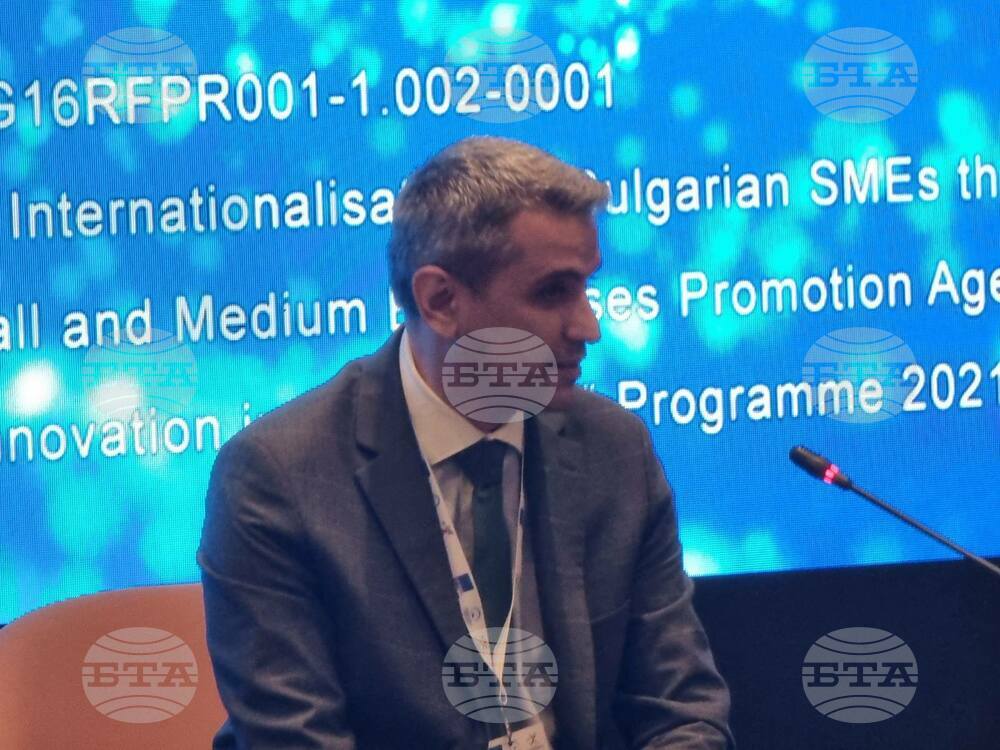site.btaSenior Cybercrime Official Warns of Rising 'Switched IBAN' Scam Hitting Businesses


One of the most serious challenges facing businesses, not just in Bulgaria but globally, is the so-called 'switched IBAN' cybercrime, said Chief Commissioner Vladimir Dimitrov, Director of the Cybercrime Directorate at the General Directorate for Combating Organized Crime (GDCOC). He was speaking at the Electronics Industry 2025 business forum held at the Hilton Hotel in Sofia on Thursday.
"Almost every week, company representatives come to us reporting that, despite having made payments to their partners, the deliveries have been halted," Dimitrov said, adding that numerous organized criminal groups, mostly from Nigeria, are behind such types of fraud.
The scam typically follows this pattern: after a phishing email, criminals gain access to a company’s email account, often by buying passwords from hacker forums. Once they have access, they monitor communications for some time to identify the right moment for a financial transaction. Then, they replace the legitimate bank account details with their own, so the money is sent to a fraudulent account.
According to GDCOC data, some 120 Bulgarian companies have fallen victim to this scheme in 2024 alone, with total losses nearing EUR 16 million. The smallest documented loss was EUR 1,500, and the largest was around USD 10 million, which a Bulgarian firm transferred to a fake account.
"At the moment, 10 to 15 major organized crime groups are actively involved in money laundering. That is a separate operation. There are thousands of bank accounts, including in Bulgaria, awaiting transfers to launder the funds and redirect them online," Dimitrov added.
/YV/
news.modal.header
news.modal.text